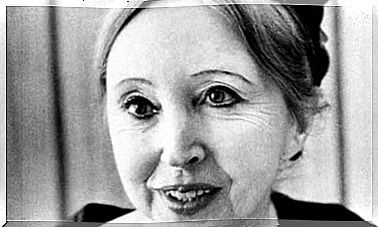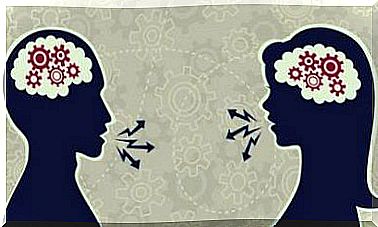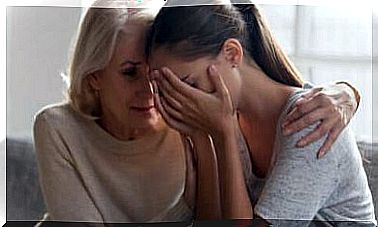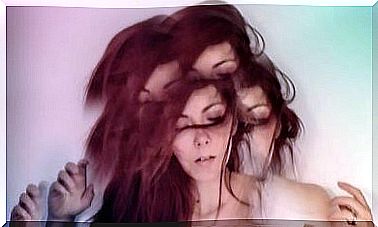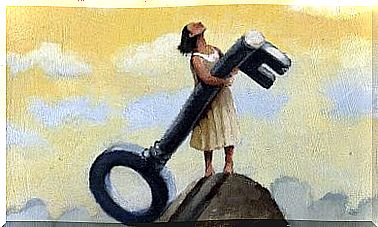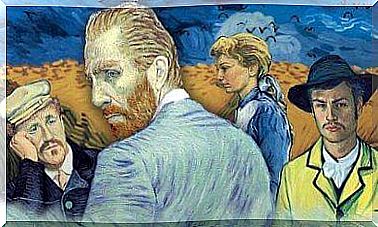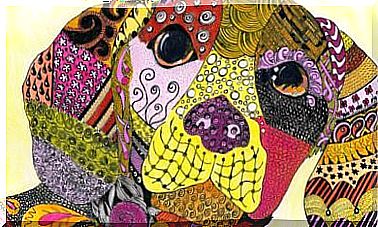“The Good Place ” Teaches Us To Accept The Inevitable
Living and dying are the reverse and the reverse of human existence. But why does it take so long to accept this setback? How to accept the inevitable? Each culture faces this dilemma differently. This is what The Good Place series is about .
For example, in the Buddhist tradition, we live and die at the same time, it is a unique experience. In other societies, death has become a taboo.
Is there anything more inevitable than death? Far from feeling defeated, we could develop more resources and skills to overcome the situations inherent in life. Understanding death does not mean that we should avoid our grief, but familiarize ourselves with something as natural as life.
According to Bertrand Williams, a moral philosopher considered by The Times to be “the most important and brilliant moral philosopher of his time,” if we were immortal, we would lose all capacity for surprise. In other words, everything is more satisfying when there is an end.
The Good Place: what does philosophy teach us to accept the inevitable?
What can we know about death? However, any philosophy conscious of its finitude must ruminate on this subject which afflicts us and which confronts us on the threshold of the unthinkable.
We tend to think that death is coming to an end. However, we die every day. Ramón Andrés, a Spanish essayist and poet, said that death is at the center because it can give us meaning and incentives to live. Transcending our vision of life, accepting death, seems a subject reserved for oriental culture.
Perhaps what we know about the inevitability of death is the value it places on life. What awaits us after death? This is still the question that no one has been able to answer, perhaps because this question, in life, is poorly formulated. Accepting the inevitable remains one of the outstanding tasks of humanity.
The idea of philosophy before death has multiple conceptions. We were born to die, but we don’t know how or when.
Every step we take in life leads us on a path that brings us closer to death. Do we choose the path to the end or the impending start? These questions intrigue philosophers who have mainly debated the meaning of life and death. As Seneca said, nothing is as certain as death.
The paradox of self-awareness of death as the meaning of life
The series The Good Place highlights a different philosophical theory in each episode to show the essential moral issues in our lives, although in the series the protagonists are dead. This series prompts us to ask ourselves one of the most asked questions in human history: What will we find in the hereafter?
We can imagine a place where it will be possible for us to fulfill all of our desires for eternity. But what if we had no limits?
The response of The Good Place series is unsatisfying nihilism. The great minds of the universe have been bored for centuries and have lost all motivation to do anything other than drink cocktails. The end of the series, without revealing it, is a method of reconciliation with life and death.
Kristen Bell, Tiya Sircar, D’Arcy Carden” loading = “lazy” width = “500” height = “281” src = “https://www.youtube.com/embed/RfBgT5djaQw?feature=oembed” frameBorder = “0” allow = “accelerometer; autoplay; clipboard-write; encrypted-media; gyroscope; picture-in-picture” allowfullscreen = ” “]
Mortality gives meaning to life, and morality helps guide that meaning, as well as making us think about the role we play in the world and how our actions affect those around us.
But how to face the inevitable? This is an essential and unavoidable question. We will all answer it at some point, in one way or another, and there will be as many answers as there are people facing the inevitable.
